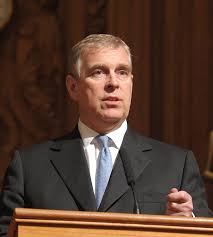The Role and Importance of the British Queen Today

Introduction
The role of the British Queen has long been a subject of intrigue and analysis, particularly in the wake of significant royal changes over recent years. Her position not only embodies tradition but also serves as an essential symbol of national unity and continuity within the United Kingdom. As the most visible figure of the monarchy, the Queen represents the nation on both domestic and international stages, influencing cultural and political aspects alike.
The Queen’s Role in British Society
With the passing of Queen Elizabeth II in September 2022, the accession of King Charles III has brought about a pivotal transition. However, even amid this change, the importance of the monarchy remains a topic of great public interest. The Queen had a unique role that combined ceremonial duties with a deep commitment to public service. She was revered for her ability to connect with people from all walks of life, maintaining the monarchy’s relevance in modern Britain.
As a constitutional monarch, the Queen’s prerogatives are largely ceremonial. Her responsibilities include the State Opening of Parliament, conferring honours, and representing Britain at various State functions and diplomatic events. The monarchy’s evolving role has increasingly aligned with efforts to modernise its image and connect with younger generations.
Recent Events and Public Sentiment
In recent months, public sentiment towards the monarchy continues to be a mixed bag. While there’s a solid base of support for King Charles III and the royal family, debates surrounding the relevance and funding of the monarchy persist. The newly established ‘Camilla’s Charity’ aimed at contributing to literacy and education reflects a shift towards socially-conscious royal initiatives, potentially realigning public perception.
Notably, important events such as royal weddings, anniversaries, and public appearances are pivotal in shaping public opinion. The televised Coronation of King Charles III in May 2023 drew a vast audience and revitalised interest in royal traditions. This suggests that while the institution might face challenges, it still captivates and mobilises public interest effectively.
Conclusion
In conclusion, the British Queen, albeit now as King Charles III, continues to represent a significant component of British identity and heritage. While the monarchy adapts to the changing landscape of society, its role remains critical in promoting unity and stability. Looking forward, the monarchy’s ability to engage with younger generations will be vital. The future of the institution may well depend on how effectively it balances tradition with modernity, ensuring it resonates with the sentiments of the British public.








